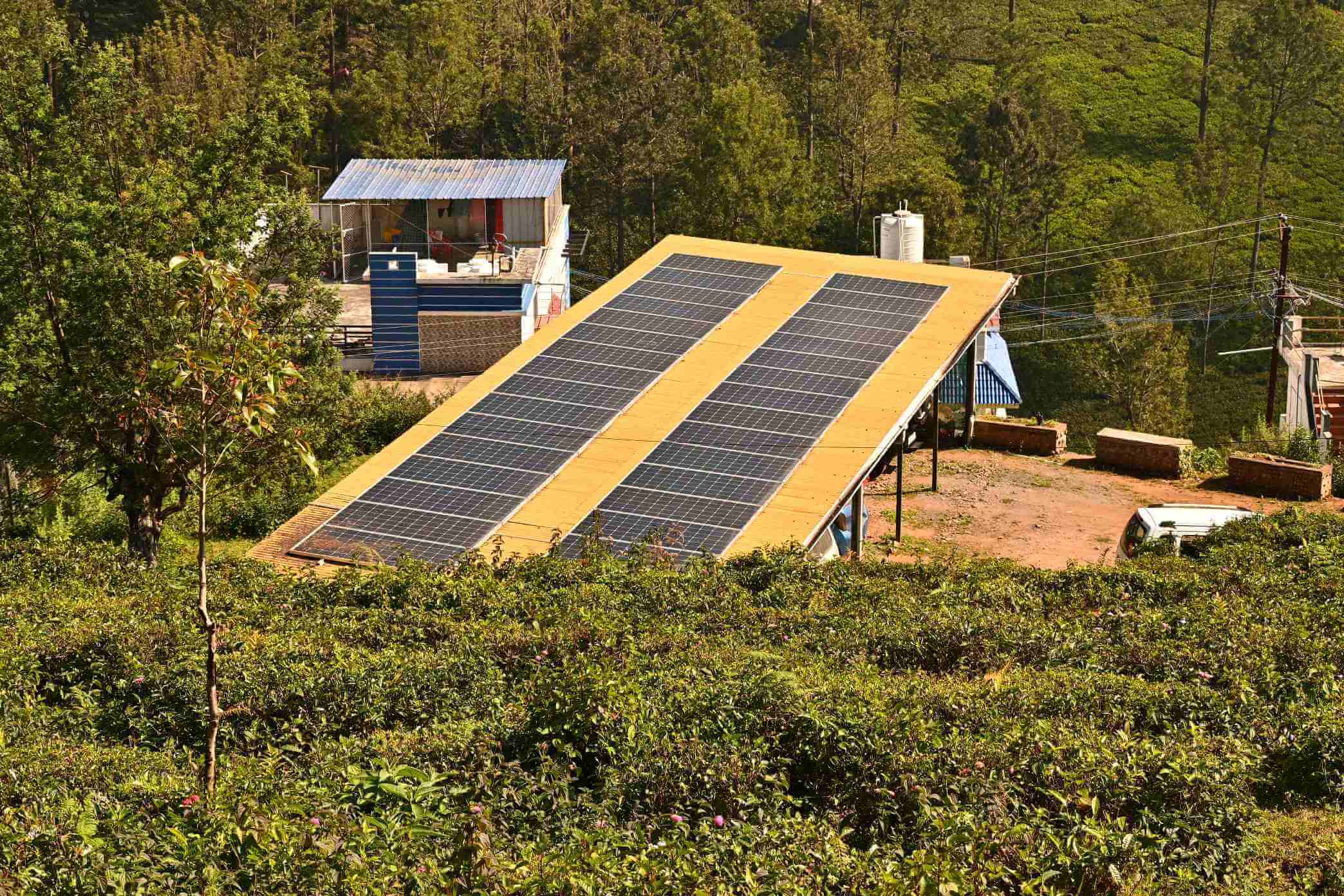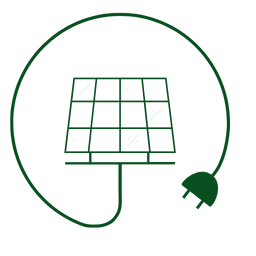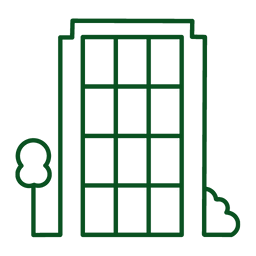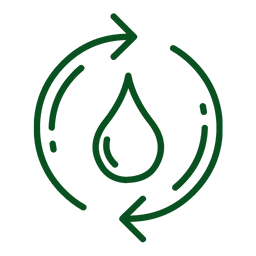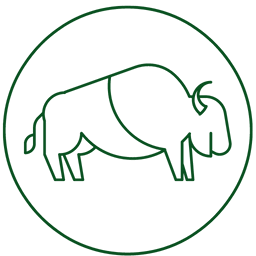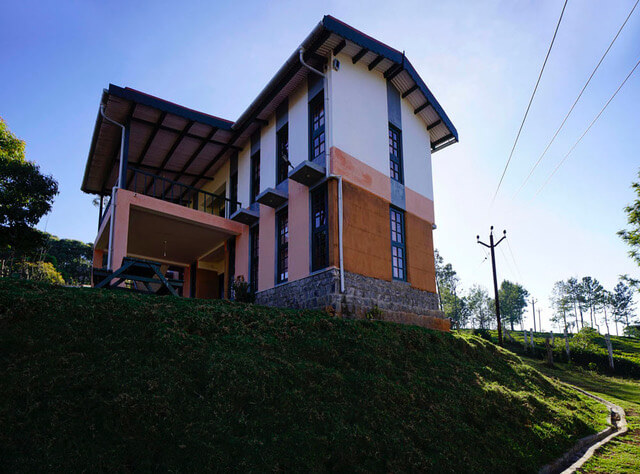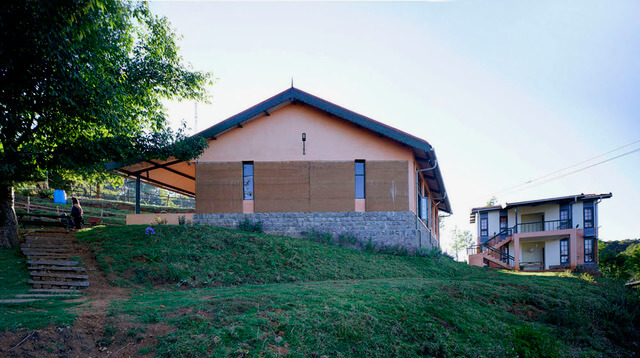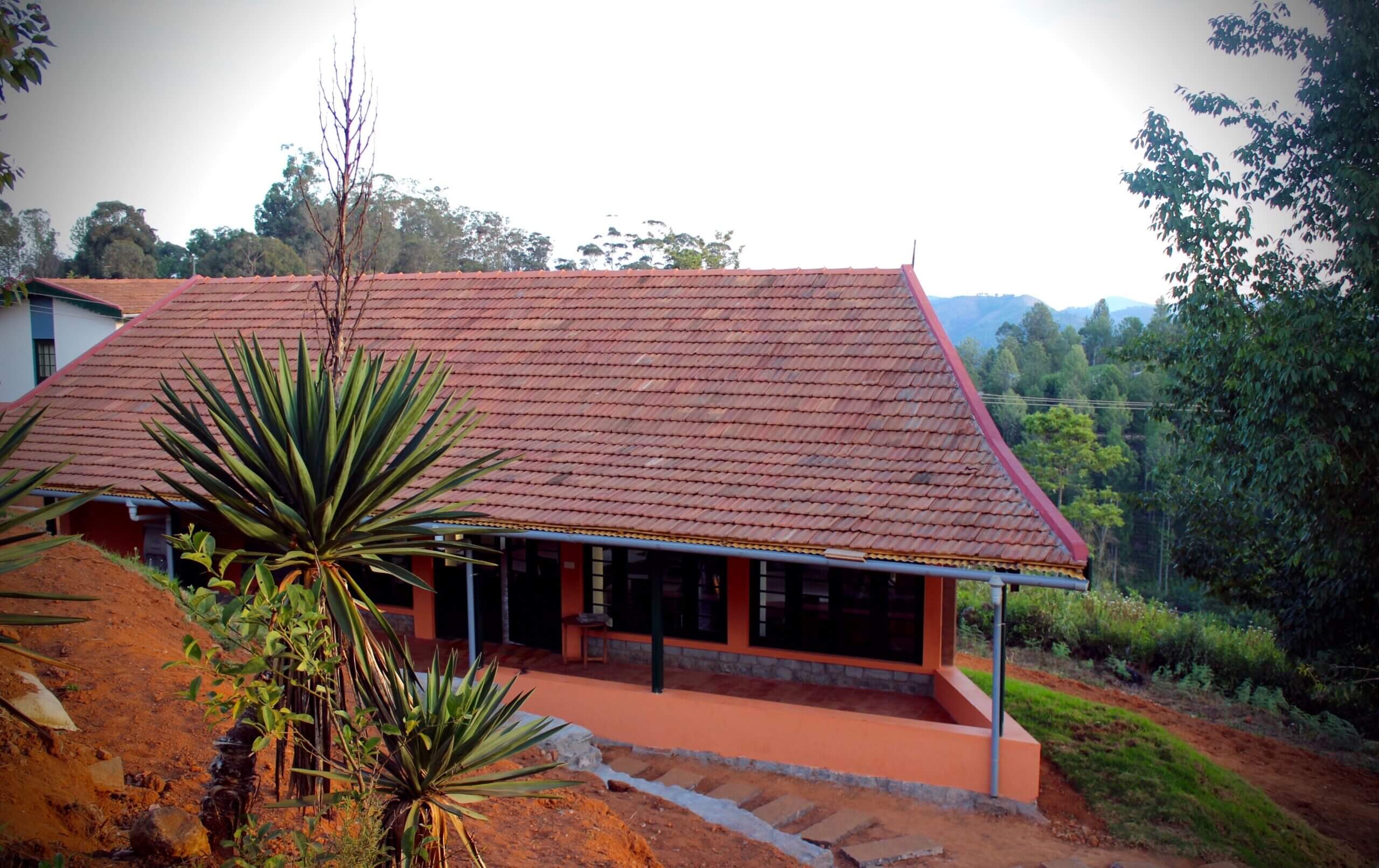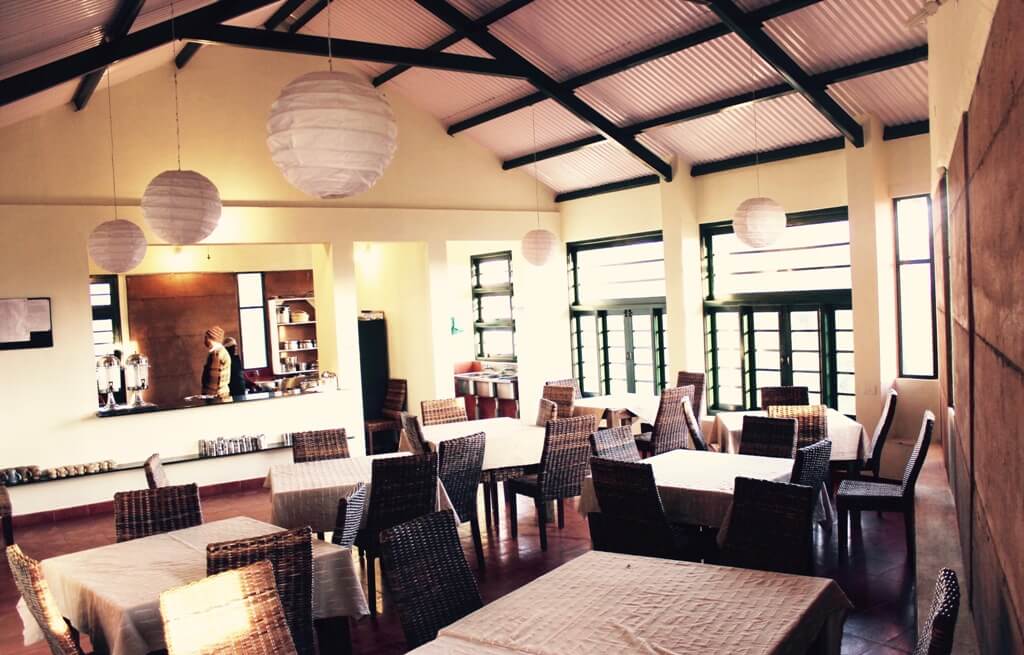The goal of the programme is to keep other programmes running smoothly, ensuring organisational policies and procedures align with legal compliances. Aside from maintaining our beautiful campus infrastructure, finances, media and IT services, we work hard to provide wider scopes for Keystone to achieve its intended goals.
The team’s interventions essentially facilitate employee and field staff resource requirements, furnishes financial information for donors, liaises with regional and district government bodies and communicates the organisation’s impact to all affiliations, communities and the general public.



